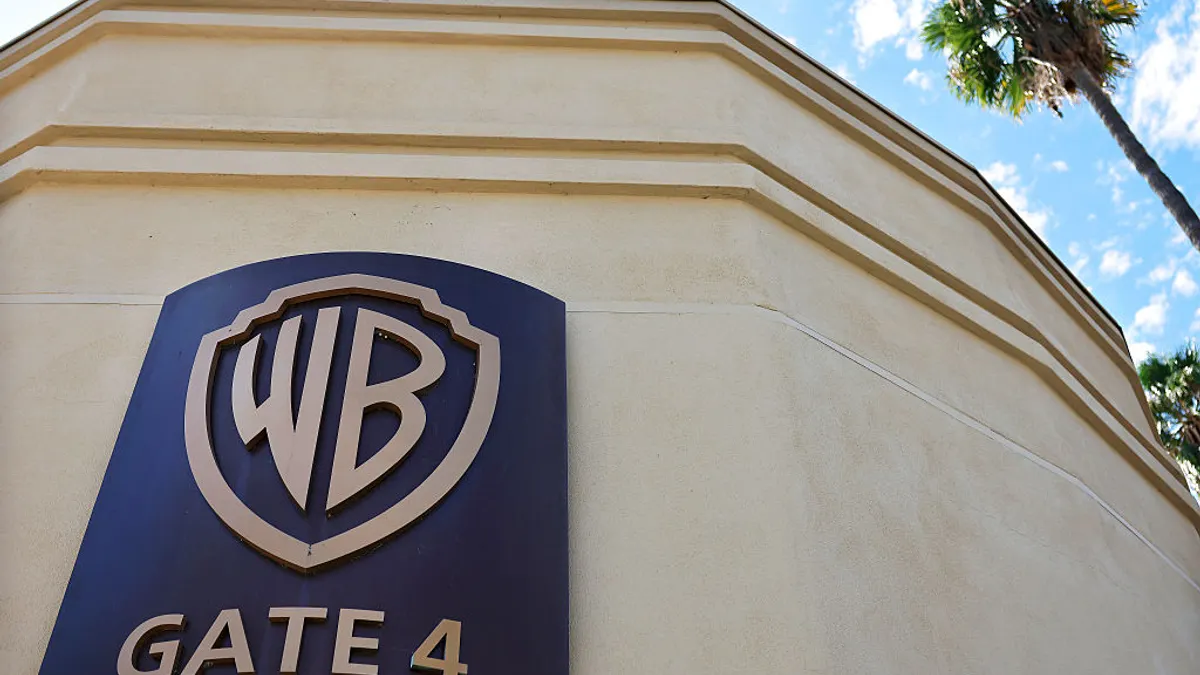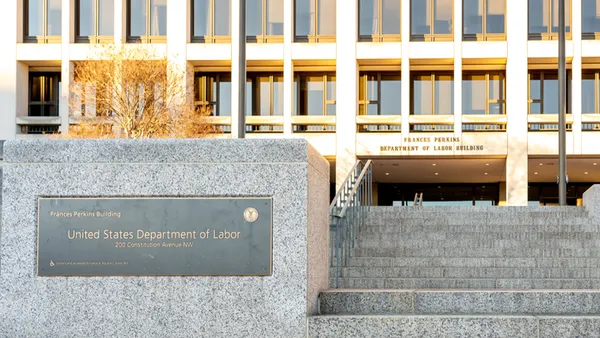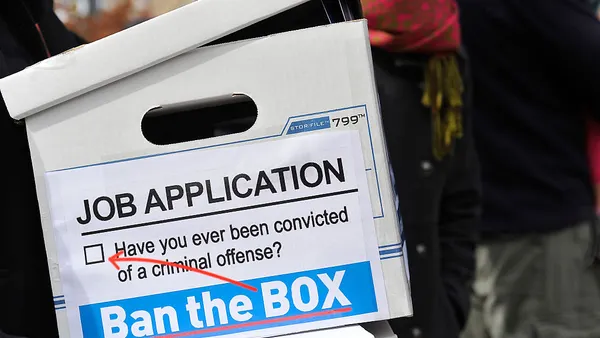Dive Brief:
- The 9th U.S. Circuit Court of Appeals on Oct. 27 upheld a district court’s awarding of a summary judgment decision to two Warner Bros. entities, WB Studio Enterprises, Inc. and Warner Brothers Entertainment, Inc., following a White camera operator’s appeal. The worker alleged he wasn’t hired due to racial discrimination and retaliation.
- The camera operator cited Warner Bros.’s DEI commitments as proof of discrimination, but the court found the plaintiff ultimately could not prove that the DEI statement actually factored into the hiring process. The worker “failed to raise a genuine dispute of material fact that the hiring decision maker … made her decisions because of race rather than legitimate reasons,” the document said.
- The worker’s hostile work environment claim was also shot down, as he “failed to raise a genuine dispute of material fact that the alleged conduct was sufficiently severe or pervasive to alter the conditions of his employment and create an abusive work environment,” the documents said.
Dive Insight:
The case is yet another instance of “reverse discrimination” moving through the courts, following the shift in attitude regarding DEI at work. The past few years have been marked by companies stepping back from DEI and, as of this year, warnings of DEI activity being potentially illegal from the U.S. Equal Employment Opportunity Commission and federal departments.
Several lawsuits alleging DEI-based discrimination have been unsuccessful. For example, a court dismissed a White professor’s claim that Penn State Abington maintained a racially hostile environment, and a federal court ruled in 3M’s favor regarding a White male former worker’s bias allegations.
Unlike these cases and that of Warner Bros., however, not all cases of “reverse discrimination” regarding race are brushed aside by the courts. Earlier this year, Texas A&M University-Texarkana settled a White former worker’s race bias lawsuit for $1 million.
The rise in such cases seems to be making an impact on the HR world and how it will proceed with DEI in the future. During a conversation about political polarization, cancel culture and civility at work, SHRM CEO and President Johnny C. Taylor Jr. noted the prevalence of such cases during SHRM’s Blueprint conference in Louisville, Kentucky.














